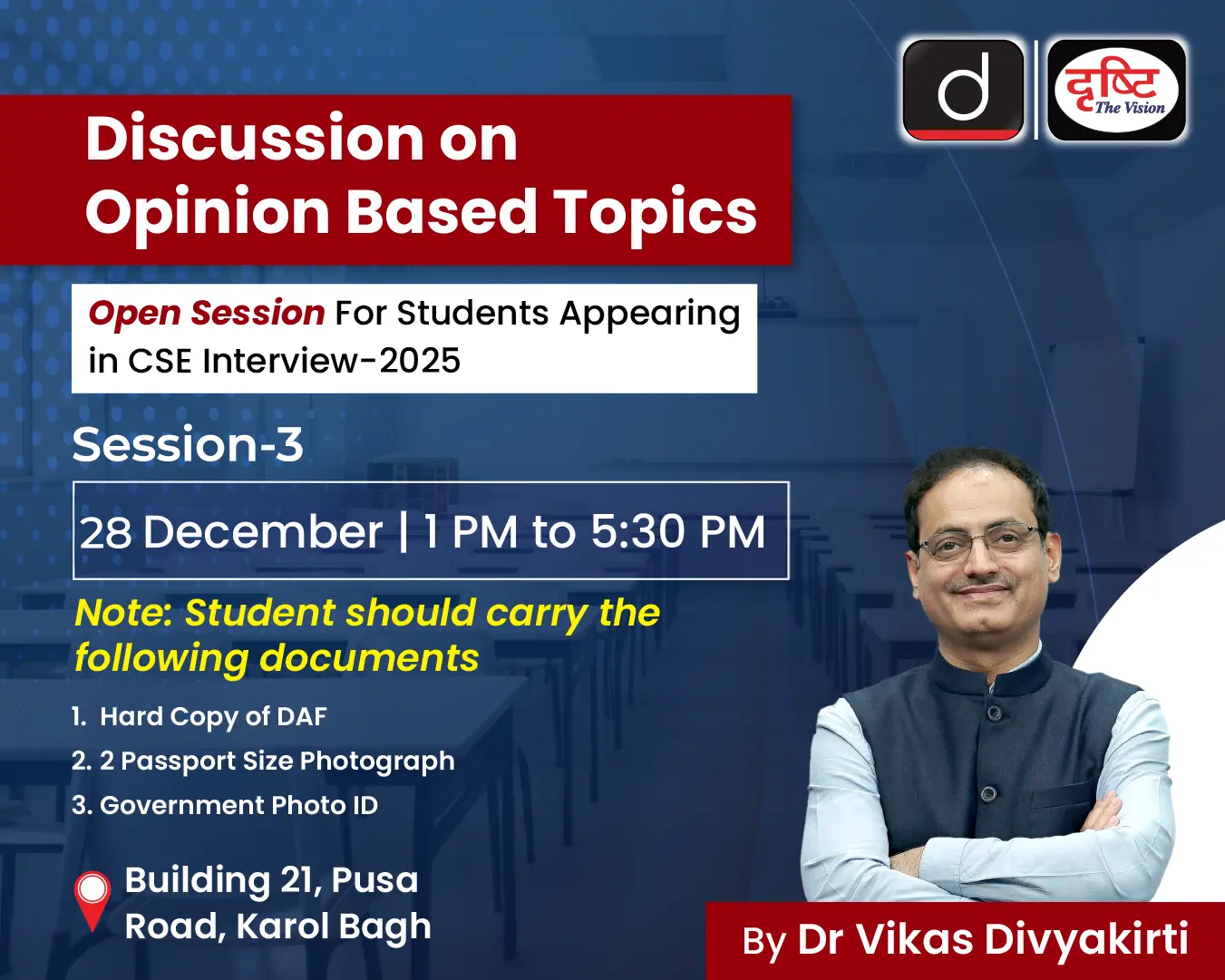Governance
Covid-19 and India’s Preparedness
- 04 Mar 2020
- 6 min read
This article is based on Growing numbers: On India’s COVID-19 preparedness, A COVID-19 response that is quick off the blocks, Boosting immunity, How India must fight coronavirus. It talks about steps that should be taken by India to combat the global health emergency of Covid-19.
The rapid spread of Covid-19 across the world shows that a networked world has to face networked risks. As of March 2, 2020, according to the World Health Organisation, there are around 89,000 confirmed cases from 65 countries of Covid19, with 27 countries have reported local transmission.
India's inadequate health infrastructure accompanied by factors like population density, poverty and illiteracy makes India highly vulnerable to Covid-19. India now has reported 6 cases of possible COVID-19 infection. The Health Ministry through its Integrated Disease Surveillance Programme (IDSP) network sought to trace people who have come in contact with the six people whose samples have been sent for confirmation.
However, since Covid-19 is a respiratory pathogen, it can spread and turn into an epidemic in no time. In this context, India needs to be adequately prepared to deal with this global emergency.
Note:
- The coronavirus (Covid-19) outbreak came to light when on December 31, 2019, China informed the World Health Organisation of a cluster of cases of pneumonia of an unknown cause in Wuhan City in Hubei province.
- Subsequently, the disease spread to more provinces of China and to the rest of the world, with the WHO declaring it a global health emergency. The virus has been named SARS-CoV-2 and the disease is now called COVID-19.
- Test for Covid-19: The first test that samples of all suspected patients are sent for is the polymerase chain reaction (PCR) test.
- If that is positive, the sample is sent to the National Institute of Virology in Pune, which is the only government laboratory currently doing genome sequencing, for final confirmation.
India's Vulnerability vis-à-vis Covid-19
- With large numbers of people coming to India from across the world, airports are always a hotspot, the virus’s footprint has to over 70 countries.
- Also, a major section of India’s population uses public transport which can further accelerate the spread of Covid-19.
- Infected people do not show symptoms during the incubation period (14 days or even greater than that) and hence thermal screening at airports and seaports will be unable to detect such cases.
- Further, the molecular testing does not have very high sensitivity and hence may turn up false negatives.
- Healthcare infrastructure in India suffers from inadequacies at the physical and human resource level.
- Rumours can spread fear and misinformation which can be damaging, stigmatising to the public interest.
What steps India should take?
Until now, there is no definitive cure or a vaccine against Covid-19. Therefore, the response plan undoubtedly relies on basic measures such as risk communication, health education, social distancing, and home isolation to reduce the speed at which the outbreak might spread.
Immediate steps that should be taken
- The National Crisis Management Committee (NCMC) which was designed to be set up in situations of large natural calamities, should be leveraged. Also, NCMC should coordinate across ministries and departments.
- A dedicated web portal should be set up, which includes a dashboard with key indicators, current case definitions, guidelines, risk communication materials and micro plans.
- Strict norms to be followed for people who are quarantined.
- The response plan should be able to maintain ongoing regular health programmes while at the same time devoting adequate resources to the response.
- It is essential that at least two negative tests are obtained before a person is certified as being uninfected.
- India must also rapidly increase its operational labs for rapid diagnosis, equip hospitals, and train medical staff for isolation and treatment of those infected.
- While India should focus on containment, it must be ready for mitigation.
Long term remedies
- Preparedness is neither the sole domain nor the prerogative of government; all institutions, entities, firms both private and public and even individuals and households should make contingency and advance preparedness plans.
- Preparedness allows a health system to take proactive steps to mitigate or lessen the adverse impacts of an outbreak.
- Outbreak preparedness should be seen as an investment which will pay dividends in the medium to long term.
- There is a need to continue to develop and maintain infrastructure to respond to new novel infectious agents capable of rapid spread.
- Large-scale behaviour change will be the cornerstone of a successful response. It requires proper risk communication and adoption of an integrated approach towards WASH (water, sanitation and hygiene), Cough hygiene (proposed by WHO) and community health programs.
|
Drishti mains Question Combating coronavirus requires getting basics right, creating awareness, investing in public health infrastructure. Discuss |







